Day 7
One day of studying agricultural sciences for one person in the DR Congo
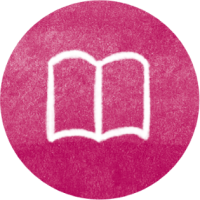 Creating perspectives in crisis areas
Creating perspectives in crisis areas
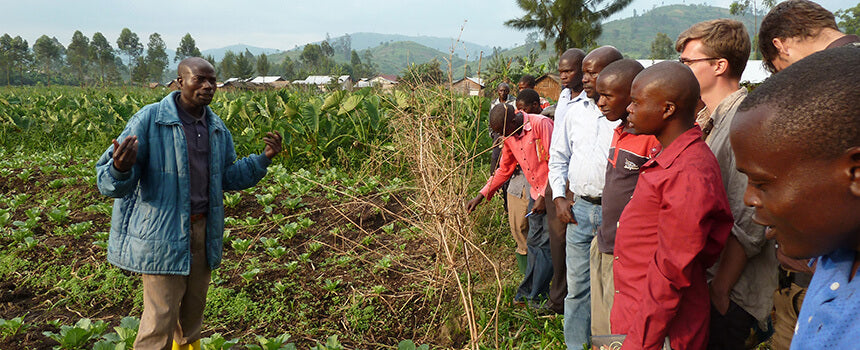
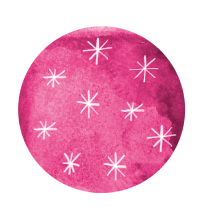
Food shortages and poverty in the Democratic Republic of Congo

need
Agricultural education for the population of the North Kivu region in the DR Congo.
activity
Financing of tuition and examination fees for an agricultural science degree at the institute in Mweso and non-material support for the scholarship holders
Measurable performance
Number of newly admitted scholarship holders who study, implement a social project and pass on their acquired knowledge to the population.
Result
After completing their studies, the scholarship holders produce more food and feel more able to contribute to positive change in the region
Systemically relevant impact
Increasing agronomic knowledge, food supply and economic situation in Masisi and thus increasing stability in the region.
background
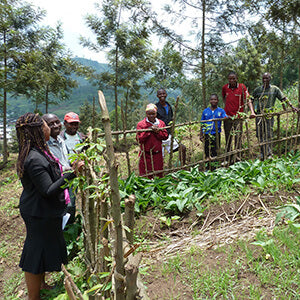
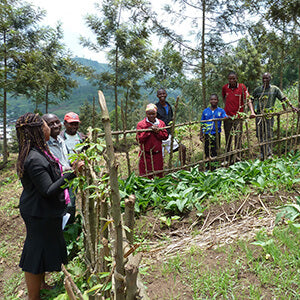
The good deed
AboutDemocratic Republic of Congo
Kinshasa
Capital city
77 266 800
Population
470 USD
Gross domestic product
per capita per year

176
Human Development Index
(Human Development Index)



